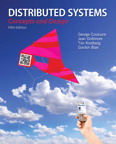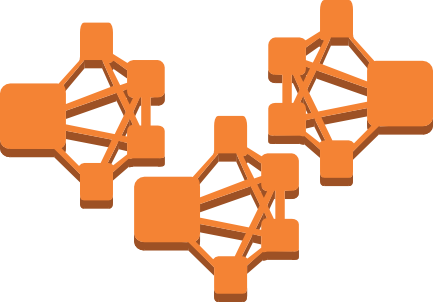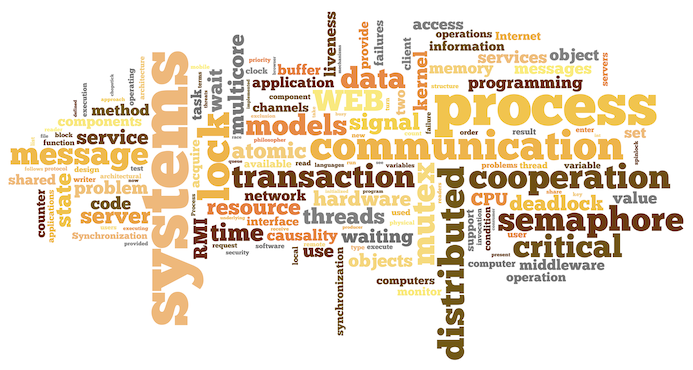maintained by G. Lettieri.
The course is aimed at providing students with a comprehensive vision
of the foundations of concurrent and
distributed programming. The main focus of the lectures is on system
models and on different types of frameworks intended to support the
development of concurrent systems at different abstraction levels
and on different underlying platforms.
Students will acquire the basic skills to participate in the design,
implementation and integration of concurrent and distributed software
systems, possibly made of heterogeneous components.
Prerequisites:
knowledge of Operating Systems basics, and mastering of Java and C/C++.
-
Dates for exams in the 2015 Summer Session -
Students
are required to register
through the Exam Sign-in Portal
at least two days before the exam date.
|
1st test
|
2nd test
|
3rd test
|
September test
|
Tue 16/06/2015
A13 h.14:30 |
Tue 07/07/2015 Fri 10/07/2015
A13 h.14:30 Lab Blu h.14:00
|
Tue 28/07/2015
A13 h.14:30
|
Fri 18/09/2015
C32 h.14:30
|
First lecture on Mon Sep. 29th, 2014
Mon. 11:30-13:30 ADInform1;
Tue. 13:30-15:30 ADInform1;
Thu. 15:30-17:30 ADInform1
A detailed description is available via the record of lessons
(see the left menu item).
Hereafter, a cathegorized list of topics can be interactively explored.
The final test is organized as follows:
a) development of a project
b) oral exam (possibly with written exercises).
The main reference material is represented by class notes.
All the course contents are covered within the textbooks and other material
reported hereafter. These references can also be taken as suggestions
for in-depth discussions on class topics.
Books:
|
 T1
- Title
Operating System Concepts 9th ed.
T1
- Title
Operating System Concepts 9th ed.
Authors Abraham
Silberschatz, Peter B. Galvin, Greg Gagne
Pub.
Wiley
ISBN
9781118093757
Notes: A
classical resource on OSs,
discussing synchronization problems as well.
|
 T2
- Title
Distributed Systems - Concepts and Design 5th ed.
T2
- Title
Distributed Systems - Concepts and Design 5th ed.
Authors George
Coulouris, Jean Dollimore, Tim Kindberg, Gordon Blair
Pub.
Addison-Wesley
ISBN10 0132143011
Notes: A
comprehensive overview of distributed systems,
addressing both theoretical and architectural issues.
|
 T3
- Title
Programmazione concorrente e distribuita (in Italian)
T3
- Title
Programmazione concorrente e distribuita (in Italian)
Authors Paolo
Ancilotti, Maurelio Boari
Pub.
McGrow Hill
ISBN
9788838663581
Notes: A solid
reference on concurrent programming concepts.
|
Classwork material:
- CW01 (data races, ThreadLocal, AtomicInteger, Peterson)
- CW02 (bounded buffer with condition variables and semaphores)
- CW03 (task executors, thread pooling, futures)
- CW04 (periodic task scheduler, benchmarking)
- CW05 (custom synchronizer, unit testing)
- CW06 (RMI example)
- CW07 (basic use of Servlets)
- CW08 (EJB invoked by a Servlet); CW08_1 (with explicit lookup).
- CW09 (JMS communication)
|
Misc:
S1/2/3/4
- Slides on related topics, available on the web:
Generics,
Nested classes,
JCF, and
JUnit
W1 - Tutorial on Java High Level Concurrency Objects (not all details have been
mentioned at lesson)
W2 - Online paper on issues in Java benchmarking
C1 - Pseudocode for a Bounded Buffer solution with asynchronous message passing.
W3
- Tutorial on MPI (from Lawrence Livermore National Lab; here, another nice one).
W4
- Tutorial on Java RMI (for "general" distributed objects: Java IDL)
S5
- Slides (commercial-style presentation) on
Akka and the related Actor model.)
W5
- Tutorial on Java EE - massive official document: only Servlets (no asynch mode), EJBs, and JMS are in our syllabus
|
The following web references can be useful for practical programming.
L1
-
NetBeans IDE
L2 -
Eclipse IDE
L3
-
MPI home,
Open MPI
L4
-
Akka
The backgroung images for this page have been obtained by
reworking
the "simple icons" for AWS (http://aws.amazon.com/architecture/icons/).




